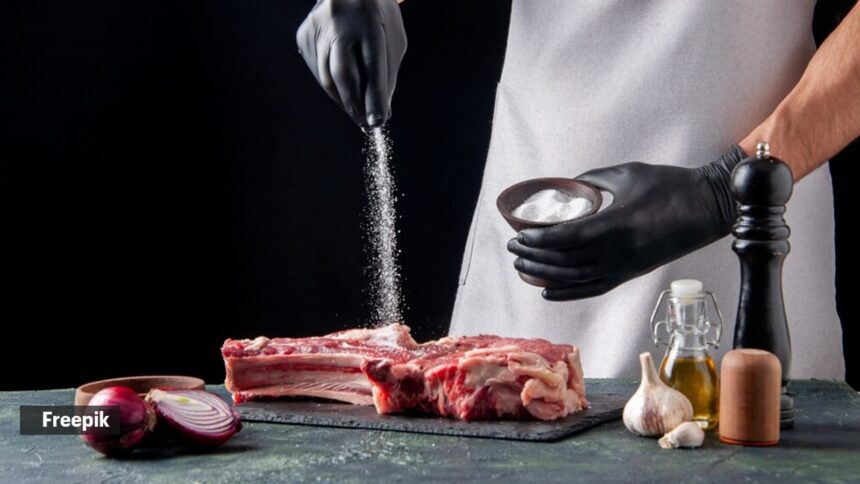Marination isn’t just a flavour enhancer — it’s a science-backed technique that transforms both texture
and taste. Whether you are preparing juicy kebabs, or trying to make a roast, marinating your choice of protein is the first step when it comes to making sure it soaks in all the flavours and spices.
“While not strictly fundamental for every single dish wherein high-quality cuts rely on the meat’s natural flavor, used for several key reasons, such as flavor infusion, tenderization and moisture retention,” said executive chef Tamoghna Chakraborty, DoubleTree by Hilton Whitefield, .
According to Chef Chakraborty, both acid and salt play significant roles, but in slightly different ways. “Salt is crucial for flavor absorption. Through a process related to osmosis and diffusion, salt helps to draw out moisture from the meat, and helps denature and loosen the protein structure within the muscle fibers. Acids like vinegar, lemon juice, lime juice, wine, yogurt, buttermilk on the other hand primarily work by denaturing proteins on the surface of the meat,” he explained.
Acids add their distinct tangy flavor to the marinade and the surface of the meat. Unlike salt, acids don’t penetrate very deeply into the meat. While they , they don’t significantly drive other marinade flavors deep into the cut, he added.
For example, Chef Vishesh Jawarani, founder of JSan, an Izakaya gastropub, Goa shared that they use a marinade of rice vinegar, sake, soy, mirin and seasonings to make Chicken Karaage. “We marinate the chicken for at least 24 hours and keep it in the refrigerator to ensure it is . Prior to frying we bring the chicken back to room temperature,” he added.
Chef Ritesh Tulsian, NXT LVL, shared some key pointers to ensure your marination game is on point:
“Don’t over-marinate—too much acid for too long can make meat mushy. And always marinate in the fridge, not at room temperature,” Chef Sanchit – head chef, Heritage Village Resorts and Spa, Goa, added.








